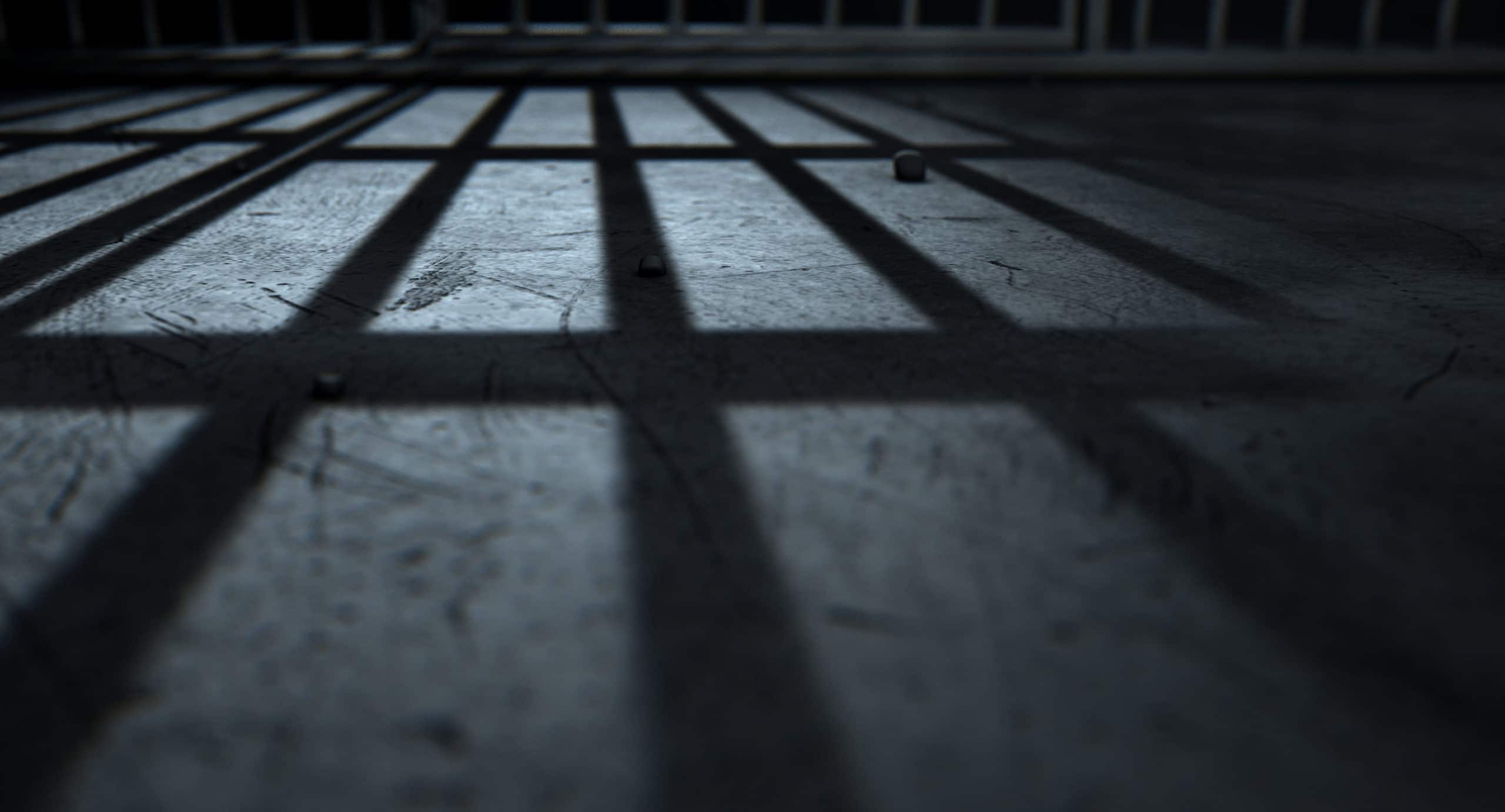Way back at the early dawn of man, your ancestors developed a fight or flight response that helped to keep them alive as they hunted wooly mammoths and avoided the jaws of saber toothed tigers.
Since then, the mammoths and sabretooth are gone, but the fight and flight responses still remain – and sometimes can get you into trouble.
Today the fight-or-flight instinct humans still have can come in handy. It allows you to survive dangerous situations and to handle stressful times. Driving a car is actually included. That said, when a car accident occurs, you may need to fight in instinct that wants you to flee the scene.
Following your fight-or-flight response immediately after an accident is not recommended because it can land you in some serious legal trouble. Here’s what you need to know about hit-and-run accidents in North Carolina and the penalties you face if you are convicted.
What is a Hit-and-Run in North Carolina?
The term hit-and-run is often used to describe leaving the scene of an accident. In the state of North Carolina, drivers have a legal obligation to stop and remain at the location an accident occurs until the police arrive on the scene.
Under the law, any driver who knows, or should know, that they have been involved in a crash should stop the vehicle immediately, and stay with the vehicle until police complete the investigation at the scene. In most cases, then officers will permit you to leave.
You must also exchange personal information with others involved in an accident at the scene to make sure that those who are injured receive appropriate medical care.
Limited Exceptions for Leaving the Scene
There are some exceptions to the way this law works in North Carolina, but they are limited. You can leave the scene of an accident or remove your vehicle from the scene in order to:
- Contact the police
- Prevent you or anyone else from sustaining additional injuries
- Get medical attention for injuries
If you leave the scene of an accident for any of the above reasons, then you are still required to return to the scene in a reasonable amount of time. If you fail to do so, then you will be subject to criminal charges and possible penalties.
The Penalties for North Carolina Hit-and-Run Accidents
Leaving the scene of an accident in North Carolina can result in either a misdemeanor or felony charge. The charges you face depend on the injuries that were caused by the accident in conjunction with the results of your criminal background check.
Hit-and-Run Misdemeanor Charges
Hit-and-run accidents charged as a Class 1 misdemeanor are generally charged that way because the damage or injury suffered as a result of the accident is minor.
For example, you may be charged with a misdemeanor if you caused property damage during the accident. The penalty for this charge is a jail term up to 120 days and fines to be determined by the court.
Hit-and-Run Felony Charges
A felony is often charged in a hit-and-run accident when injury, serious bodily injury, or death results from the accident.
When convicted of a hit-and-run that causes an injury, then you can be found guilty of a Class H felony. This is punishable by up to 25 months in jail, fines, and the loss of your driver’s license for a certain amount of time.
If you are a party to a hit-and-run accident that causes serious bodily injury or death, then you can be charged with a Class F felony. This is punishable by up to 41 months in prison, fines, and loss of your driver’s license for a period of time determined by the court.
The court considers serious bodily injury any injury that causes permanent pain or disfigurement, results in extended treatment in the hospital, or creates a substantial risk of death.
Common Defenses to Hit-and-Run Charges
There are defenses that can be used by a skilled and experienced attorney in court to help you fight a hit-and-run charge. Some of the most common defenses include:
- You didn’t know you were involved in an accident
- You left the scene only temporarily to get assistance
- You didn’t know that an accident cause injury or damage
- You were mistakenly identified as someone involved in a hit-and-run
- You were falsely accused of the crime
Unfortunately, regardless of our normal intentions, when biological functions take over under stress, hit-and-runs can happen. After all, the urge to flee the scene of something perceived as dangerous may be inside each person. If you find yourself in the position to defend yourself against these charges, make sure you know what’s at stake.










